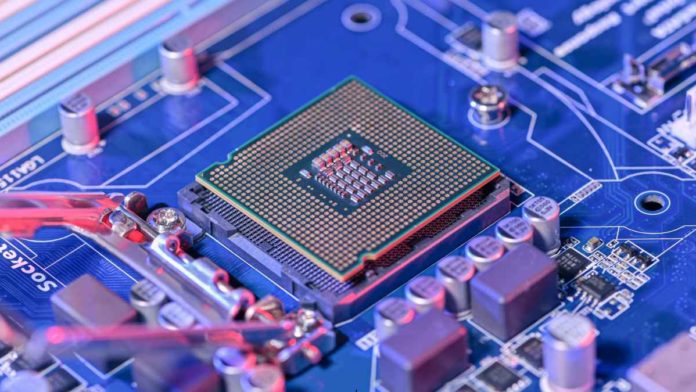In April this year, chip giant Intel CEO Pat Gelsinger had warned that the global semiconductor shortage could last through 2021 and stretch into 2022 given multiple factors at play such as pandemic supply-chain twists and demand swings as well as trade wars.
Back then, Gelsinger had said that the chip shortage would take “a couple of years” to decline due to rising demand amidst limited manufacturing capacity.
Now, in a recent interview with The Hindu BusinessLine, AMD CTO and EVP, Mark Papermaster, too has spoken in line with Intel CEO Gelsinger predicting that the supply chains will start to ease up in the second half of 2022 with the semiconductor industry returning to normalcy by 2023. One can also expect to see a supply-demand balance in 2023.
“In 2021, we have projected a 65 percent revenue growth over 2020. We can achieve such growth, only because of the excellent work on our supply chain side,” Papermaster said in the interview.
“In our markets, we see an easing of supply in the second half of 2022 through 2023. That is when we are projecting the normalcy of the supply and demand balance.”
Similar opinions were also reiterated by Nvidia CEO Jensen Huang in an interview with Yahoo Live on Wednesday.
“I think that through the next year, demand is going to far exceed supply. We don’t have any magic bullets in navigating the supply chain,” Huang told Yahoo Finance Live.
“We have the support of our suppliers. We’re fortunate that we’re multi-sourced and that our supply chain is diverse and our company is quite large so we have the support of a large ecosystem around us.”
The chip shortage, according to Huang, will eventually diminish as the level of demand is not temporary and is here to stay.
“People are starting to build more and more home workstations because their home is now their office. And when they’re at home they prefer to have a permanent system, and so desktop computers are doing incredibly well,” he added.
“I think these are permanent conditions, and we’re going to see new computers being built for quite a while. People are building home offices, and you could see all of the implications.”
As we can see, all the three tech giants Intel, AMD and Nvidia are in agreement that the global chip shortage will continue well into 2022 and could finally end in 2023, which means it isn’t happening anytime soon.

